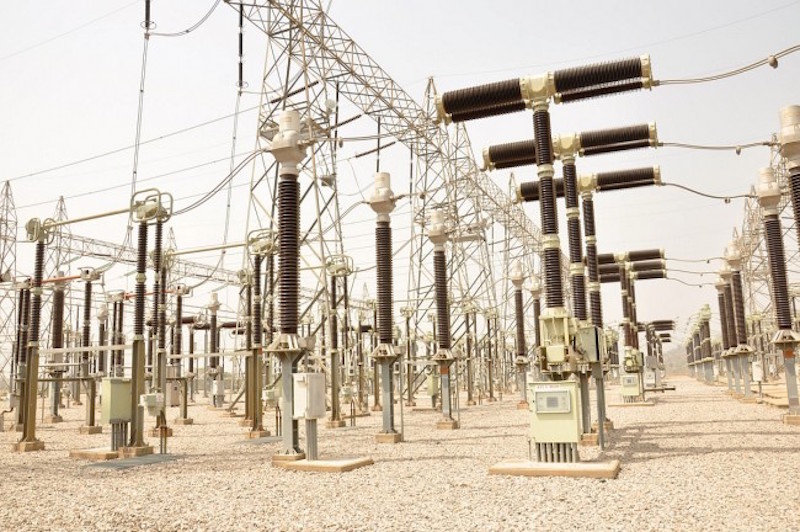
Last week, the senate once again reminded Nigerians of the charade touted as power sector privatisation when it mandated its committee on power sector to probe the N1.532 trillion spent by the Federal Government on “intervention” since the owners of the privatised power entities took them over in 2013. Senate President Ahmad Lawan would sum up the situation in his response to the motion sponsored by Senator Gabriel Suswam and 24 others on recovery plan for the power sector thus: “We gave power to them (power generation and distribution companies) and they still come to the public to ask for funds. I think it’s time for Nigeria to consider reversing the privatisation of the power sector or they should just cancel the entire privatisation process completely.
“If we leave it the way it is now, we may not have power for another 10 years because the privatisation of the power sector has so far, not been successful at all…we expected efficiency and effectiveness in the power supply, but unfortunately the Distribution Companies (DisCos) have no capacity to supply us power.”
That was putting the situation mildly. As it is, not a few Nigerians would disagree with the call given that the exercise touted to take Nigerians out of the woods has in fact taken them further into the abyss.
Prior to the coming of the Power Sector Reform Act in 2005, the idea was sold that the government not only lacked the wherewithal to run the power sector, the private sector –it was also said – held the ace both in terms of the financial muscle and the process engineering needed to turn Nigeria’s beleaguered power sector around. Its embrace, it was argued, would ensure that the treasury is not only freed from the burden of the huge investments that needed to be maintained to keep the sector on sound footing, but will also ensure that the sector is availed of its best practices.
A decade and half on, Nigerians know better: the entities to which the country sold the unbundled power entities – not only lack the financial muscle to get things going, the promises of modernisation and of efficient service delivery have been observed in the breach. Aside that, the hope of quantum investment which the sector’s liberalisation was meant to unleash has remained forlorn with the entire chain – from generation, transmission and distribution – remaining if not shaky but as unstable as ever; the government has had to pump more cash all in the bid to salvage the situation.
The senate probe would ordinarily be in order if only to assure Nigerians that the funds were actually expended for the purposes for which they were meant. But then, it is also worth recalling that this would not be the first time the august body would bewail the disaster that the privatisation process has become. Moreover, the National Economic Council also, at some point waded in with an ad hoc committee headed by Governor Nasir El-Rufai of Kaduna State to review government’s 40 per cent stake in the electricity distribution companies. So has the regulator – the Nigerian Electricity Regulatory Commission – when, sometime last year, it served a license cancellation notice on eight power distribution companies – Abuja, Benin, Enugu, Ikeja, Kaduna, Kano, Port Harcourt and Yola – for shoddy performance, particularly on breaches of the provisions of Electric Power Sector Reform Act and the 2016 – 2018 Minor Review of Multi-Year Tariff Order and Minimum Remittance Order for the year. And this is aside the equally well-publicised final review of the five-year performance agreement of the DisCos which ought to have been concluded by the end of last year. Ironically, not even the government-held Transmission Company of Nigeria is spared the same plague of non-performance and incompetence.
As it is, to do nothing cannot be an option. Even here, the problem seems to us not so much about the lack of viable options to consider but the failure of will on the part of the government. Without the government summoning the will to act expeditiously on the options before it, the prediction by the senate president of another 10 years in darkness might yet come to pass.
END

Be the first to comment